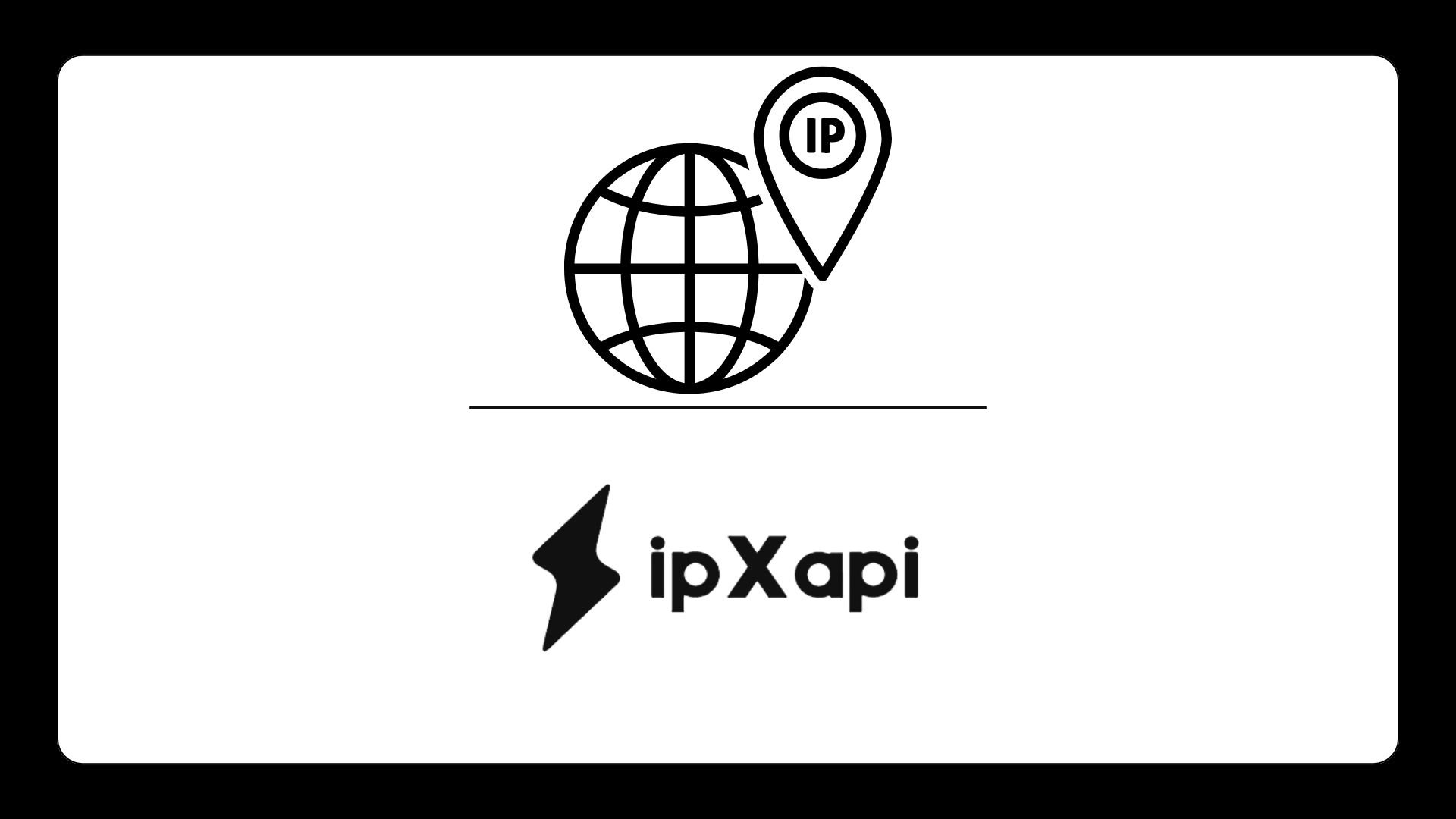Real Time IP Geolocation API: Enhance User Insights

A Real-Time IP Geolocation API is a powerful tool that enables businesses to achieve these goals seamlessly. Among the leading solutions in this space is ipXapi, a robust and scalable API designed to provide accurate and real-time geolocation data. This blog explores what a geolocation API is, how ipXapi enhances user insights, and the transformative value it brings to modern businesses.
What is a Real-Time IP Geolocation API?
A Real-Time IP Geolocation API is a tool that translates IP addresses into geographic information, such as a user’s country, region, city, postal code, and even latitude and longitude. This data is vital for understanding your audience’s location and customizing their experiences accordingly. Whether for delivering localized content, enabling secure transactions, or optimizing marketing strategies, geolocation APIs act as the bridge between technical functionality and user-centric service delivery.
- Accurate Location Mapping: Geolocation APIs provide highly precise data, enabling businesses to target users effectively.
- Real-Time Capabilities: Unlike static IP mapping tools, real-time APIs update dynamically, offering the most current location data.
- Easy Integration: With RESTful architecture and support for common programming languages, integration with applications is straightforward.
Benefits of Using ipXapi for User Insights
Personalization is the cornerstone of user engagement. With ipXapi, businesses can tailor their offerings based on a user's precise location. For example, an e-commerce platform can display products available in a user’s region or adjust delivery options to match their location. Similarly, travel websites can offer localized content, such as showing local attractions or hotel deals, ensuring users feel catered to and valued. It helps businesses gain a deeper understanding of their audience by providing detailed geolocation data. This information is invaluable for identifying trends, understanding user behavior, and making data-driven decisions. For instance, businesses can determine which regions generate the most traffic or analyze user engagement across different time zones to optimize content delivery schedules.
One of the most critical applications of geolocation data is enhancing security. By verifying a user’s location, businesses can identify and block potentially fraudulent activities. If a login attempt occurs from a suspicious or unexpected location, the system can flag it for further verification, reducing the risk of data breaches and unauthorized transactions. With increasingly strict data protection laws, ensuring compliance has become a top priority. This tool enables businesses to identify user locations and implement region-specific compliance measures, such as GDPR for European users. This ensures businesses operate within legal frameworks while maintaining trust with their audience.
Location-based personalization is revolutionary for e-commerce companies. Platforms can display pertinent products, currencies, and delivery options according to a user's location thanks to ipXapi. For example, while a user in Europe sees prices in euros and delivery options particular to their location, a user in the United States can see prices in USD and receive region-specific promos. For efficient ad targeting, geolocation information is essential. It maximizes return on investment by assisting advertisers in delivering advertisements to the appropriate audience at the appropriate area. To guarantee that its advertisements reach the most relevant audience, a nearby restaurant, for instance, can use geolocation data to advertise its services to individuals within a certain radius.


